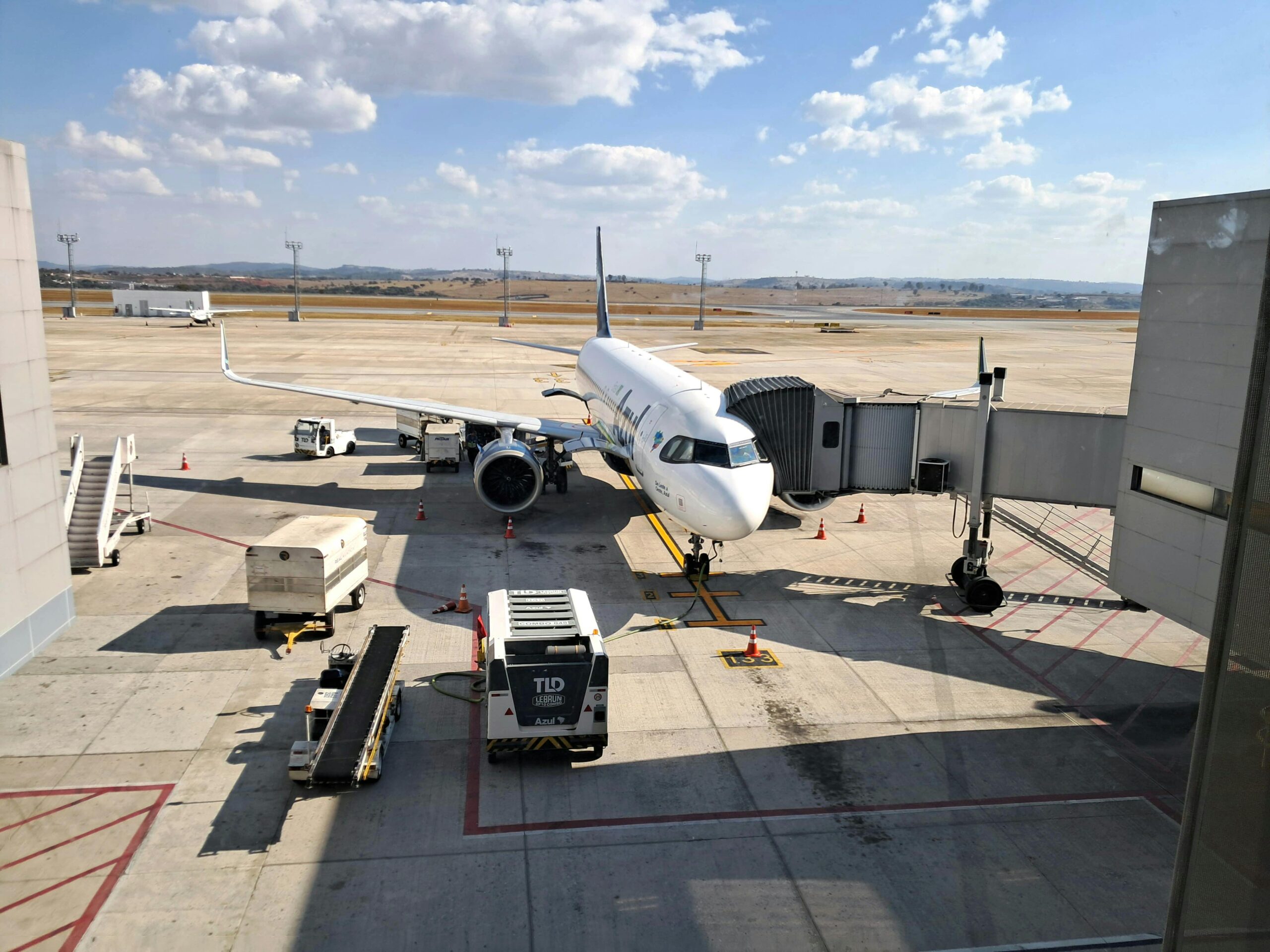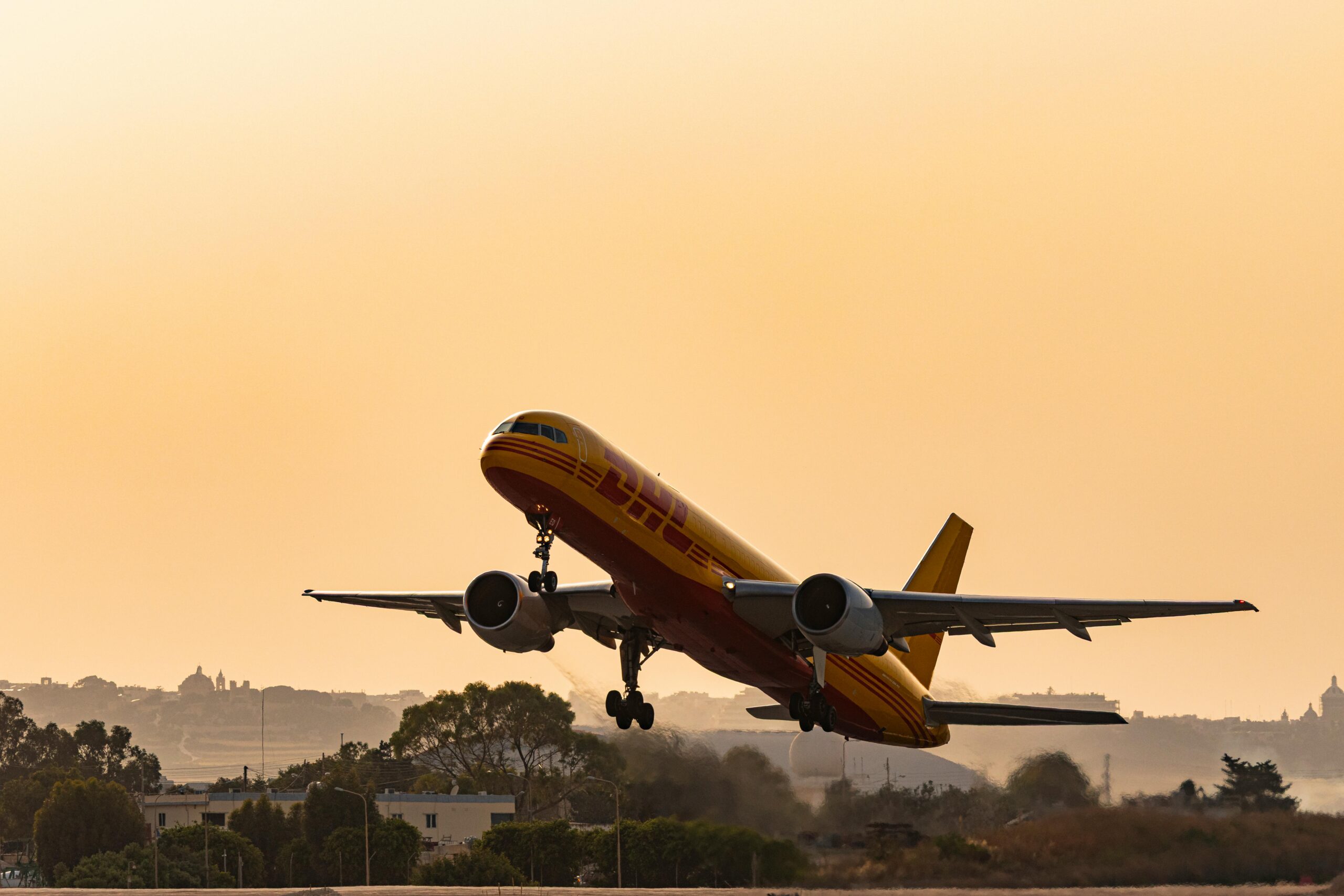How Air Cargo is Driving India’s E-Commerce and Logistics Growth

India’s e-commerce boom has created an unprecedented demand for fast, reliable logistics, and air cargo has emerged as a critical backbone for this growth. With increasing online orders, international shipments, and express delivery requirements, airlines and cargo operators are expanding infrastructure and adopting innovative solutions to meet the needs of businesses and consumers alike.
The Role of Air Cargo in E-Commerce
Air cargo enables timely delivery of goods, especially for perishable items, electronics, and high-value products. Major e-commerce companies rely on dedicated cargo networks to ensure same-day or next-day delivery across India and internationally.
- Speed: Air transport is significantly faster than road or rail, which is critical for online retail operations.
- Reliability: Airlines track shipments in real-time, reducing the risk of lost packages.
- Reach: Air cargo connects remote cities and international markets that ground transport cannot reach efficiently.
Infrastructure Developments
To handle the surge in cargo, airports in India have upgraded facilities:
- Dedicated Cargo Terminals: Airports in Delhi, Mumbai, Bengaluru, and Hyderabad have specialized terminals for express shipments.
- Temperature-Controlled Storage: For pharmaceuticals, perishables, and sensitive goods.
- Automated Sorting: Advanced conveyor systems and AI-powered logistics platforms improve handling speed and accuracy.
Key Players in the Air Cargo Sector
Several airlines and logistics companies are leading India’s air cargo revolution:
- Blue Dart Aviation: India’s largest express cargo airline with domestic and international coverage.
- FedEx & DHL: Global logistics players providing seamless door-to-door delivery.
- IndiGo & SpiceJet Cargo: Passenger airlines that also operate dedicated freighter services for rapid e-commerce shipments.
Impact on Businesses and Consumers
Air cargo has transformed supply chain dynamics in India:
- Faster delivery times boost customer satisfaction and loyalty.
- Small businesses can access global markets without massive logistics investments.
- Perishable goods, like fruits, seafood, and pharmaceuticals, reach markets fresh and safe.
Future Trends
- Use of AI and IoT for predictive logistics and inventory tracking.
- Integration with e-commerce platforms for real-time shipment visibility.
- Expansion of cargo-only flights and new freighter hubs across India.
- Green initiatives: solar-powered warehouses and fuel-efficient aircraft for sustainable logistics.
Industry Insight: “Air cargo is no longer just about moving goods; it’s the lifeline of India’s e-commerce ecosystem, supporting fast deliveries and global connectivity,” says a logistics expert at FedEx India.
Conclusion
Air cargo is powering India’s digital economy by enabling faster, reliable, and scalable logistics solutions. With technological innovation, growing infrastructure, and expanding airline networks, air freight will continue to be a critical driver for e-commerce growth, connecting Indian businesses to domestic and international markets efficiently.

